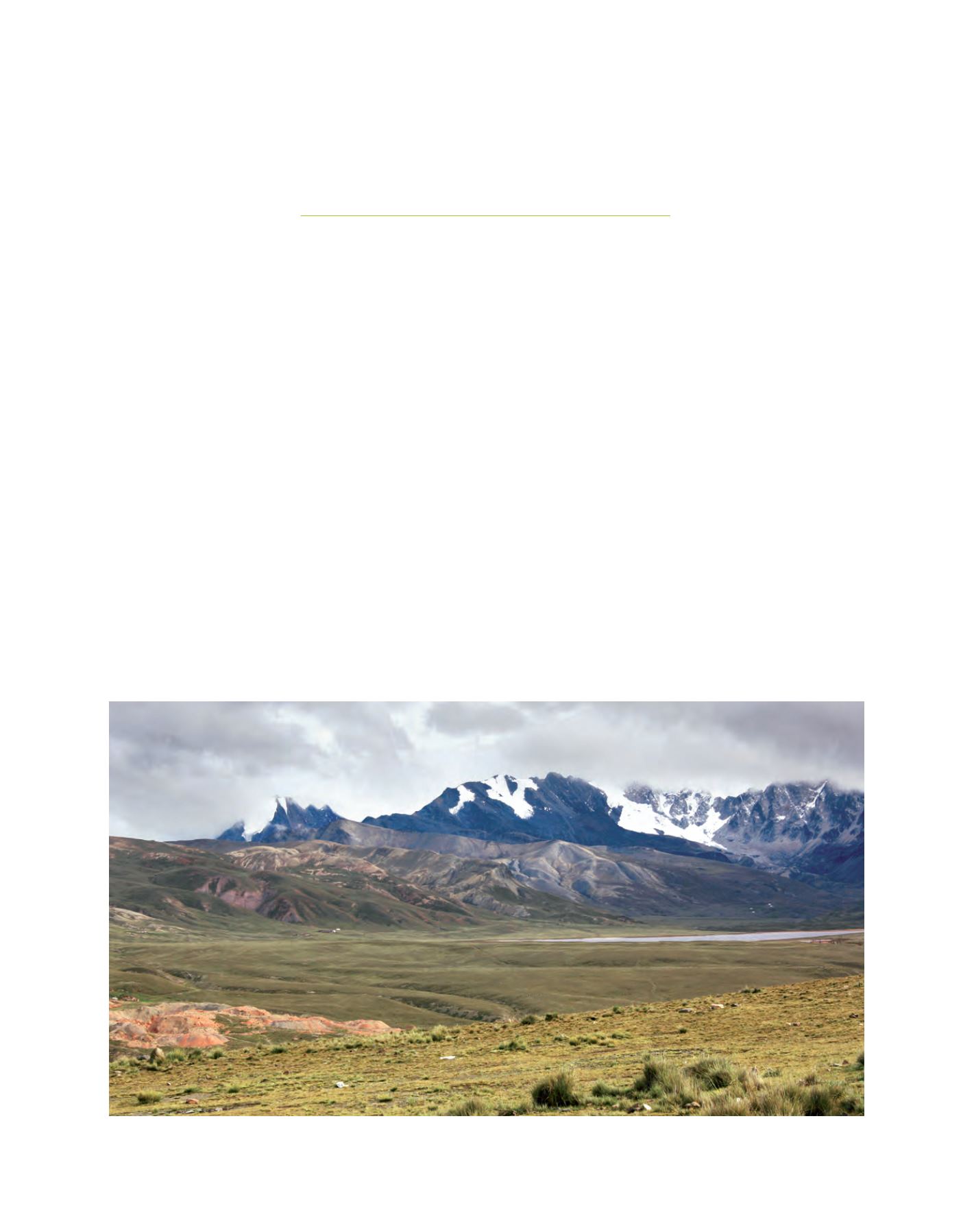

[
] 251
Adaptation as development:
an inconvenient truth?
Lloyd Timberlake, Commission on Climate Change and Development, Ministry of Foreign Affairs, Sweden
T
he international Commission on Climate Change and
Development, which published its report in May 2009,
assumed that it would be able to narrowly and precisely
define adaptation – in terms of adaptation to climate change –
and having done so clearly describe how to manage and finance it.
1
Given that the Commission was chaired by the Swedish Minister
for International Development Cooperation, Gunilla Carlsson, there
was also a large emphasis on figuring out how much adaptation
would add to the basic costs of development.
It is a common assumption, even by the experts, that such reck-
oning is possible. In a 2008 technical paper on funding adaptation
and mitigation, the UN Framework Convention on Climate Change
secretariat wrote: “An increased effort to calculate adaptation needs
through regional or national bottom-up assessments, as opposed to
global top-down estimates, is evident. But regardless of the number
of financial assessments, their precision can be improved only
through a better understanding of adaptation and how it is addi-
tional to a development baseline.”
2
No simple equation
However, after much deliberation and study the
Commission concluded that, while such efforts to calcu-
late adaptation needs are helpful, especially by bottom-up
assessments, they are unlikely to ever arrive at a precise
answer to ‘development costs plus adaptation costs’.
True, much ‘extra’ infrastructure will need to be built
in developing countries to manage sea-level rise, chang-
ing freshwater availability and the like. All this can be
costed. But much of the response to climate change
must come in the form of ‘software’ rather than the
hardware of infrastructure, and the costs of this soft-
ware are much harder to estimate.
Climate change is usually discussed either in terms
of a gradual rise in average global temperature or as an
increase in major disasters such as hurricanes, floods
and droughts. But for most people in the develop-
ing world it is experienced as neither, but instead as
increased uncertainty. The Malian farmer faces weather
A
daptation
and
M
itigation
S
trategies
Climate change means countries such as Bolivia face increased uncertainty
Image: CCCD secretariat
















